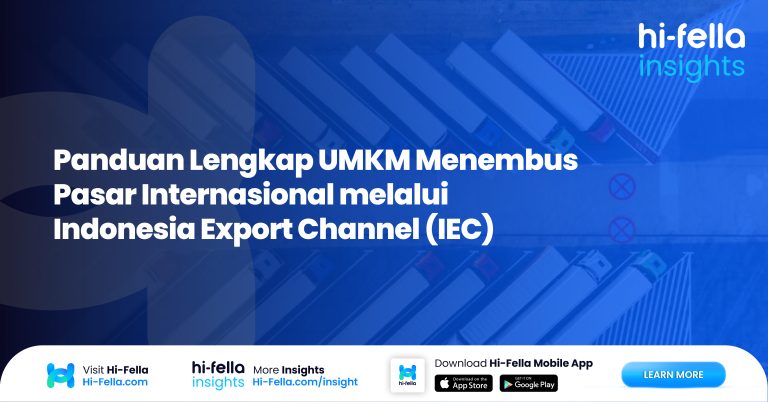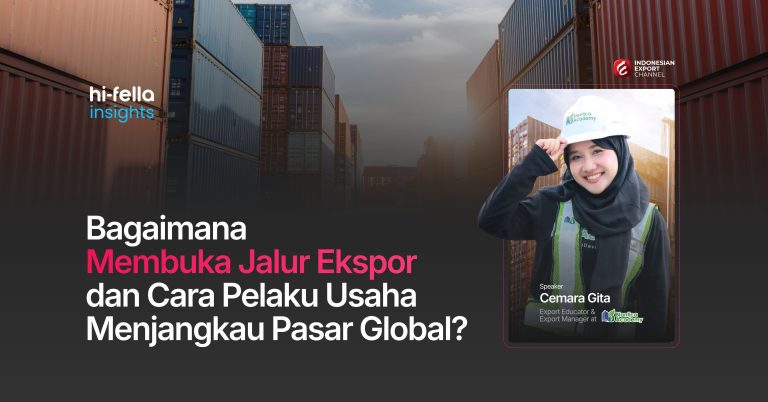In the ever-evolving landscape of international trade and commerce, the concept of absolute advantage plays a pivotal role in determining which countries excel in various industries. Absolute advantage refers to a country’s inherent ability to produce a particular good or service more efficiently than another nation. This fundamental economic principle can be witnessed across a spectrum of industries, from technology and agriculture to manufacturing. To better comprehend the significance of absolute advantage and the economic benefits it can bring, this article delves into historical and contemporary examples of countries showcasing their prowess in specific sectors. Definition of absolute advantage in global trade. Explore its economic impact and learn from real-world examples.
Absolute advantage, in the realm of economics and macroeconomics, refers to the inherent capability of an individual, company, region, or country to produce a greater quantity of a good or service in the same amount of time or to produce the same quantity of a good or service using fewer inputs compared to their competitors. This advantage can be achieved by either producing the good or service at a lower absolute cost per unit with fewer inputs or by implementing a more efficient production process. Unlike comparative advantage, which focuses on opportunity costs between two products, absolute advantage centers on the straightforward ability to produce more output with fewer resources. This efficiency is typically attributed to factors like advanced technology, skilled labor, superior access to resources, or innovative production techniques. Understanding and harnessing absolute advantage is crucial for nations and entities aiming to boost productivity, reduce costs, and enhance their overall economic well-being.
Here are the examples of absolute advantage from various industries, including technology, agriculture, and manufacturing.
- Technology
The United States boasts an enduring absolute advantage in the technology sector, exemplified by the dominance of Silicon Valley. This advantage arises from a concentration of innovation, highly skilled labor, and abundant resources. In contemporary times, China has also emerged as a global technology leader, with companies like Alibaba and Tencent pushing the boundaries of technological innovation.
- Agriculture
Central and South American countries exhibit an absolute advantage in coffee production, thanks to their uniquely favorable climates. Coffee thrives in these regions, making it easier and more cost-effective to cultivate. In contrast, a country like Canada, with its cold climate, would face challenges in coffee production and require expensive climate-controlled growing environments.
- Manufacturing
Historically, China has held an absolute advantage in manufacturing, driven by a vast labor force and cost-effective production techniques. This has positioned China as the world’s manufacturing hub. In contemporary times, Germany’s precision engineering and thriving automotive industry serve as a prime example of absolute advantage in manufacturing, emphasizing the importance of efficiency and quality in this sector.
Case studies
- Increased Productivity – Japan’s Automobile Industry
Japan’s automobile industry, notably represented by Toyota, is a prime example of leveraging absolute advantage to increase productivity. Toyota’s implementation of lean manufacturing principles, which emphasize minimizing waste and maximizing efficiency, has not only made them a global giant in the automotive sector but has also significantly boosted the industry’s overall productivity. By streamlining production processes and optimizing resource utilization, Toyota has been able to produce more cars with the same or fewer inputs. This has led to economic growth by increasing the sector’s output and creating a ripple effect throughout the supply chain. The enhanced efficiency has made Japanese automobiles more competitive in the global market, further fueling economic prosperity and contributing to the nation’s overall well-being.
- Cost Savings – South Korea’s Samsung Electronics
South Korea’s Samsung Electronics exemplifies the cost-saving advantages of leveraging absolute advantage in technology. Through efficient manufacturing processes and economies of scale, Samsung has been able to produce high-quality electronic products at competitive prices. The ability to create cutting-edge technology at a lower absolute cost per unit has not only made their products accessible to a wide range of consumers but has also earned them a substantial share of the global market. The cost savings achieved by Samsung have translated into competitive pricing for their customers and have helped them secure a leading position in the industry. This not only benefits the company but also contributes to the economic well-being of the nation through increased exports and job opportunities.
- Improved Standard of Living – Germany’s Manufacturing Focus
Germany’s strong focus on engineering and manufacturing has led to a robust export-oriented economy. The emphasis on precision and quality in manufacturing processes has allowed German companies to produce high-value products efficiently. This, in turn, has created jobs and contributed to a high standard of living in the country. With increased income levels due to the success of their manufacturing sector, German citizens enjoy a better quality of life, access to quality healthcare, education, and overall social well-being. The export-oriented approach has not only strengthened Germany’s economic position but has also enhanced the standard of living for its citizens, highlighting the positive impact of leveraging absolute advantage in manufacturing.
Connect with potential business partners worldwide at Hi-Fella, an online platform where suppliers and buyers meet globally. Unlock new opportunities for growth and collaboration by venturing at our website, downloading Hi-Fella app on Play Store or App Store, and signing up for an account. Join us today and find your business partner at Hi-Fella globally now!








